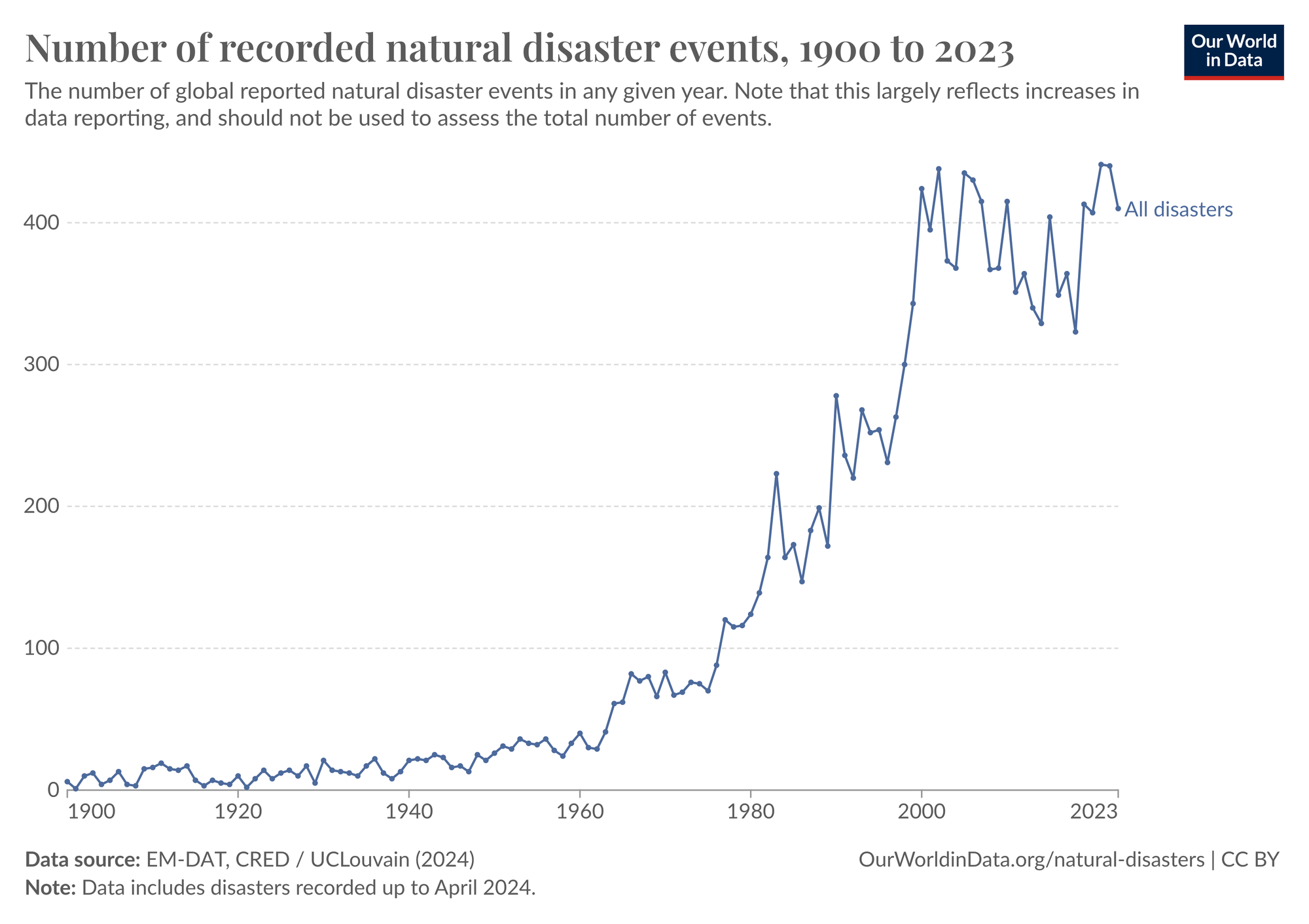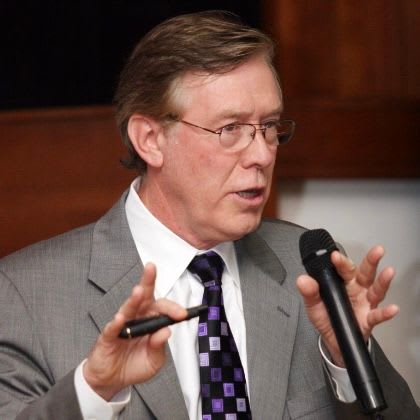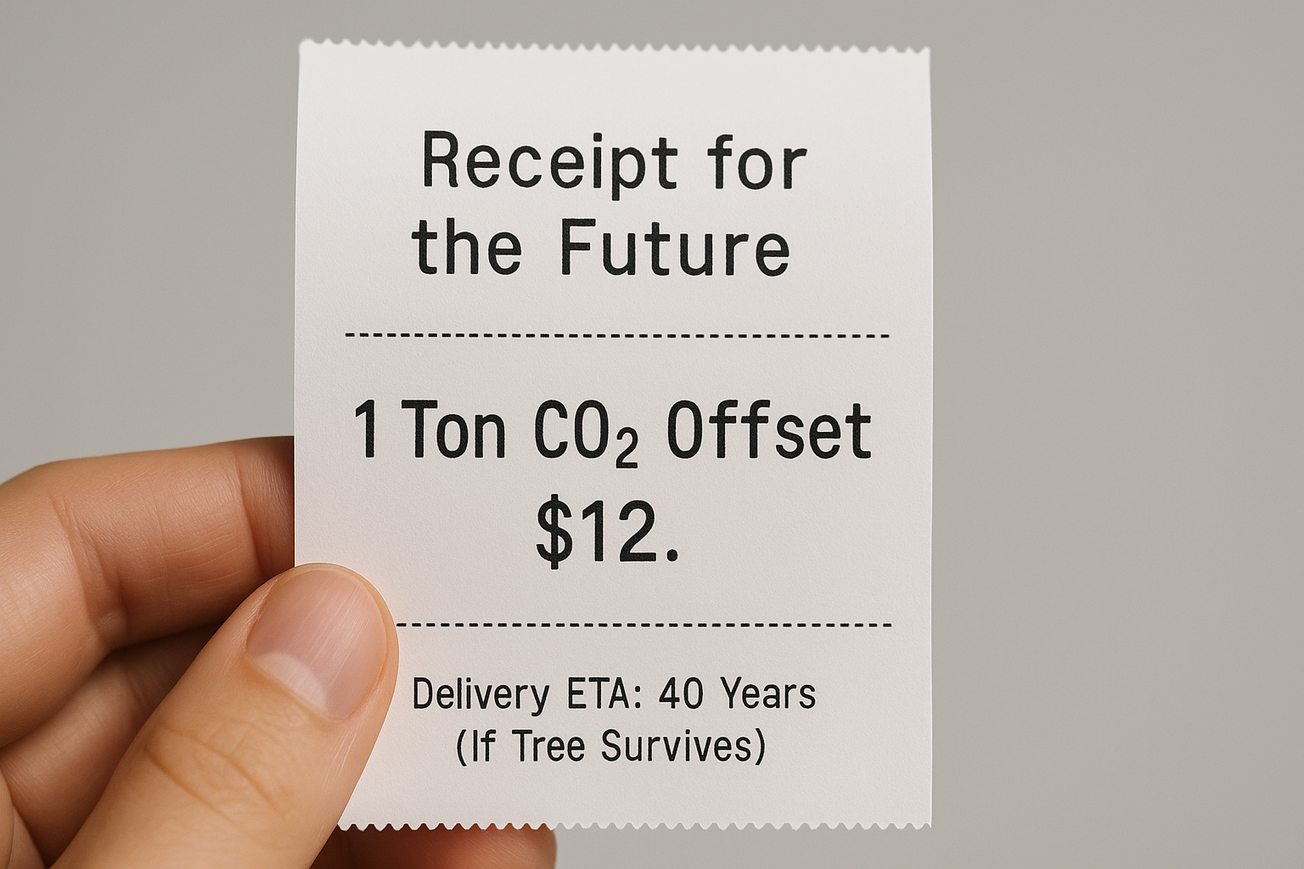The annual Conference of the Parties (COP), a global summit under the United Nations Framework Convention on Climate Change (UNFCCC), currently in session in Baku, Azerbaijan, was established with the ambitious goal of coordinating international efforts to combat climate change.
Here are the key reasons why COP has struggled—and largely failed—to deliver the transformative action required to halt climate change.
Lack of Binding Commitments
One of the fundamental weaknesses of COP agreements is their non-binding nature. The Paris Agreement, heralded as a breakthrough at COP21 in 2015, set voluntary national commitments to reduce emissions (Nationally Determined Contributions, or NDCs). Yet, countries are not legally required to meet these pledges, and there are no penalties for failing to comply. This lack of enforceability means that nations can make lofty promises without substantive follow-through, leaving critical climate targets unmet.
Overemphasis on Consensus
The COP process relies on unanimous agreement among nearly 200 participating nations. While this approach ensures inclusivity, it also leads to watered-down compromises that prioritize diplomatic harmony over ambitious climate action. Consensus-building often results in vague commitments rather than concrete, measurable actions, as nations with competing interests veto or weaken proposals to suit their own agendas.
Insufficient Focus on Accountability
COP lacks a robust mechanism to hold countries accountable for their emissions reductions or to verify progress toward their goals. While there are periodic reviews of NDCs, they rely heavily on self-reporting, which can be inconsistent and misleading. Without an independent, transparent accountability system, nations face little pressure to align their policies and actions with their stated climate goals.
Economic and Political Conflicts
The COP process is often hindered by deep divisions between developed and developing nations. Wealthier countries, responsible for the majority of historical emissions, resist making significant sacrifices to their economies, while poorer nations demand more financial and technological support to transition to low-carbon systems. Disagreements over "common but differentiated responsibilities" create an impasse, delaying urgent action. Wealthy nations have also consistently failed to fulfill their promise of $100 billion annually in climate financing, undermining trust and cooperation, let alone meet the call from the global south for an annual commitment of one trillion dollars in support.
Greenwashing and Industry Influence
The COP process has increasingly become a platform for corporations and fossil fuel interests to showcase their supposed climate commitments while continuing to undermine substantive change. Greenwashing—where companies exaggerate or misrepresent their environmental efforts—diverts attention from systemic issues. The heavy presence of fossil fuel lobbyists at COP meetings reflects the influence of industries that have a vested interest in slowing the transition to renewable energy.
Lack of Adaptation to New Realities
While COP has historically focused on mitigation (reducing emissions), it has been slower to address the growing need for adaptation to climate impacts already being felt worldwide. Rising sea levels, intensifying heat waves, and destructive storms are causing billions in damages, yet COP negotiations have not adequately prioritized adaptation funding or infrastructure resilience, leaving vulnerable nations to bear the brunt of climate change.

Disconnect Between Policy and Science
The scientific community has repeatedly warned that time is running out to limit global warming to 1.5°C above pre-industrial levels. However, COP negotiations remain disconnected from the urgency of these warnings. Many NDCs are inconsistent with this target, and current policies would lead to warming far beyond 2°C. The gap between science and policy reflects a lack of political will to act decisively in the face of mounting evidence.
Failure to Address Systemic Change
COP discussions often focus on incremental changes rather than the systemic transformation required to tackle the climate crisis. The global economy remains dependent on fossil fuels, and COP has not effectively tackled structural issues such as subsidizing renewables, phasing out coal and oil, or promoting sustainable consumption. The focus on market-based solutions, like carbon trading, often distracts from the need to overhaul energy systems, agriculture, and industrial practices.
Overreliance on Future Technologies
A significant portion of COP discussions centers on speculative technologies, such as carbon capture and geoengineering, to offset emissions. While innovation is critical, this reliance on unproven solutions delays immediate action and perpetuates the status quo. Policymakers often use the promise of future technologies as an excuse to avoid making hard choices today.
Short-Term Political Priorities
National leaders attending COP often prioritize short-term economic and political considerations over long-term climate goals. The pressure to win elections or maintain economic growth frequently outweighs the motivation to implement policies that may be unpopular in the short term, even if they are essential for climate stability.
The Path Forward
If COP is to become an effective mechanism for addressing climate change, significant reforms are needed:
Enforceable Agreements: Introduce legally binding commitments with penalties for non-compliance.
Enhanced Accountability: Establish an independent body to track and verify progress on emissions reductions.
Equitable Financing: Fulfill and expand financial commitments to support developing nations in mitigation and adaptation efforts.
Focus on Systemic Change: Shift from incremental policies to transformative actions targeting energy, transportation, and consumption systems.
Reduce Industry Influence: Limit the role of fossil fuel lobbyists and ensure corporate pledges align with transparent, verifiable standards.
The urgency of the climate crisis demands more than diplomatic gestures and empty promises. Without bold action and systemic reform, COP risks becoming an annual exercise in futility, leaving future generations to bear the catastrophic consequences of inaction.











